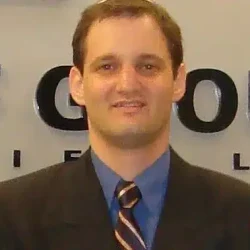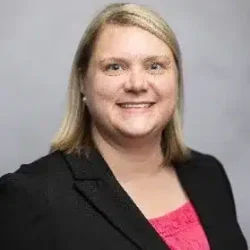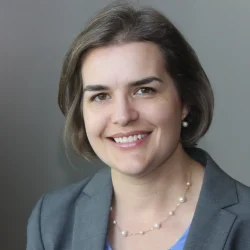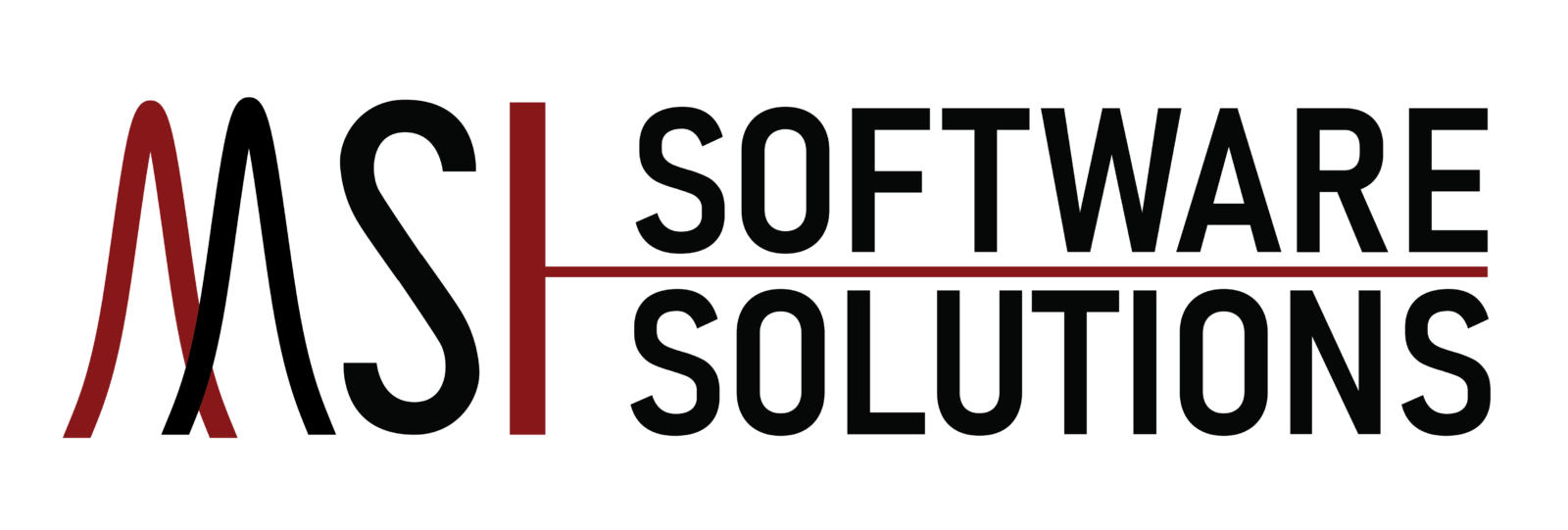About Us
Our History and Mission
MSiReader Basic and Pro versions are based on MSiReader v1.0, which was developed from 2012-2022 at North Carolina State University (NCSU) with NIH funding support (R01GM087964). MSiReader was designed and developed from the outset to be a vendor-neutral desktop application for mass spectrometry imaging data analysis. MSiReader is specifically designed to handle HRAM data efficiently and accurately, without data compression, binning, or loss of dynamic range.
In 2022, MSI Software Solutions received the exclusive license from NCSU to improve, expand, and support MSiReader, for the benefit of the MSI community. MSI Software Solutions has a team of subject matter experts in computer science, UI/UX, statistics, mass spectrometry imaging, data analytics, and eCommerce. Collectively, our team has over 100 years of experience across these diverse disciplines, enabling us to evolve MSiReader professionally and fully support its users.
MSiReader v2.0 was released on January 2, 2023 and incorporates numerous usability, functionality and performance improvements compared to v1.0. Program updates with additional improvements and enhancements are planned for release on a regular basis.
Copyright © 2022-present MSI Software Solutions, LLC
Copyright © 2012-2022 North Carolina State University
All rights reserved
MSI Software Solutions LLC, P.O. Box 37714, Raleigh, North Carolina 27627, USA.
Our Team

Meredith C. Muddiman | CEO
Meredith C. Muddiman is co-founder of MSI Software Solutions, and its Chief Executive Officer. Serving in various leadership roles over the past 20 years, she has years of professional experience in Analytical Chemistry (pharmaceutical R&D), Sales and Marketing, Technical Support, Web Development and Entrepreneurship.

David C. Muddiman | Interim CSO
David C. Muddiman is co-founder of MSI Software Solutions, serving as Chief Scientific Officer. He has been working in the field of mass spectrometry imaging for over 15 years, as both scientist and software development manager. Having published hundreds of peer-reviewed papers, David is a highly respected professional in the MSI field.
David is currently the Jacob and Betty Belin Distinguished Professor of Chemistry at North Carolina State University, where he manages a research lab. David and his research team have developed and evolved MSiReader for over a decade, incorporating numerous feedbacks from thousands of researchers who have used the program over the years in multiple academic, R&D, medical, and industrial institutions.

Yair Altman | Lead Programmer
With over 30 years of professional software programming experience in a wide variety of technical and leadership positions, Yair has joined the MSiReader team as lead programmer.
Author of two highly-praised reference textbooks on advanced programming, and owner of the largest private website on professional Matlab programming, Yair is often asked to consult for Fortune-500 companies and government entities. He holds a BSc in Physics and MSc in Computer Science, both with top honors, from Bar Ilan University (where he started studying aged 14).

Kenneth P. Garrard | Programmer
Ken is a computer scientist and engineer who retired in 2022 after 47 years at North Carolina State University as a student and as a Senior Research Scholar. He received the B.S. and M.S. degrees in Computer Science from NCSU in 1979 and 1983, respectively. While an undergraduate he was employed part-time as a programmer for Burroughs Wellcome Co. After graduation he worked independently as an embedded systems programmer for Gilbarco Veeder-Root, a local HVAC controls engineer, and a plywood and veneer manufacturing company. In 1986 he joined the Precision Engineering Center (PEC) at NCSU. His work at the PEC focused on building hardware and software systems for the design, fabrication, control, and metrology of precision optical and opto-mechanical surfaces, structures, and assemblies. At the PEC he gained a wide range of knowledge from many disciplines of science, engineering, mathematics, and electronics and collaborated with research groups from NCSU and other universities, the US national laboratories, and industry.
In 2011 he began a collaboration with the FTMS Laboratory for Human Health Research at NCSU to help develop the IR-MALDESI mass spectrometry imaging (MSI) ionization source. He was the principal author of many evolutions of the IR-MALDESI synchronization and control software and the principal author of the MSiReader visualization and analysis software from 2012 until 2022.

Michael Hyman | Statistician & Data Scientist
Michael Hyman is a PhD statistician / data scientist with a combined 15 years of experience in academic, government and industry environments. For the past 5 years, he has worked as the Vice President of Customer Success at a healthcare analytics company, collaborating with healthcare personnel and developing production level software. Michael received his masters and doctoral degrees in statistics from the University of Florida where he developed strong foundations in statistical analysis, machine learning, and data visualization. There he participated in numerous academic research projects in a variety of scientific disciplines, sharpening skills to collaborate across discipline boundaries and effectively communicate complex statistical ideas to other researchers.
Previous to his current position, Michael worked for a US government agency as a research statistician and data scientist, developing innovative sampling techniques, data imputation techniques, estimation methods and production software. Michael is fluent in R, Python and SAS programming languages, with additional experience in SQL, JavaScript, C, and many popular business analytics tools and applications used for big data.

Whitney Stutts | MSI Subject Matter Expert
Whitney Stutts received her B.S. in Chemistry at North Carolina State University and Ph.D. in Analytical Chemistry at the University of Florida. Her doctoral research involved developing matrix-assisted laser desorption/ionization tandem mass spectrometry and mass spectrometry imaging techniques for the analysis of lipids and their degradation products in biological tissues. Following her graduate studies, Whitney completed a postdoctoral fellowship and worked as a Chemist for the US government. Her work primarily involved developing and validating analytical methods for the separation, detection and quantification of toxins in foods and dietary supplements.
Whitney is currently working as a Senior Research Scientist in the Molecular Education, Technology and Research Innovation Center at NC State University, where she continues working in the field of mass spectrometry imaging and metabolomics. Throughout her career, she has gained extensive experience with data visualization and analysis software, including eight years of experience using mass spectrometry imaging software.
Advisory Board

Stephanie M. Cologna | Associate Professor of Chemistry, Associate Vice Chancellor for Research, University of Illinois Chicago (UIC)
Stephanie M. Cologna is an Associate Professor of Chemistry and Associate Vice Chancellor for Research at the University of Illinois Chicago (UIC). She received her B.S. in Chemistry from the University of Arizona followed by doctoral studies at Texas A&M University under the mentorship of David H. Russell. Dr. Cologna carried out post-doctoral training at the Eunice Kennedy Shriver, National Institute of Child Health and Human Development, National Institutes of Health with Dr. Forbes D. Porter, MD, PhD and Dr. Alfred L. Yergey III, PhD. Her independent research program was established in 2015 and is focused on integrating mass spectrometry-based proteomics and lipidomics along with imaging to understand neurodegeneration. A significant component of the Cologna laboratory is focused on the fatal, lysosomal storage disorder, Niemann-Pick Type C.

Heather Desaire | Dean’s Professor, Keith D. Wilner Chair in Chemistry, The University of Kansas
Heather Desaire is the Dean’s Professor of Chemistry at the University of Kansas, where she has been on the faculty since 2002. She started her studies in Chemistry at Grinnell College, Grinnell, IA, where she earned a BA in 1997, and continued them at the University of California, Berkeley, where she earned her PhD in 2001. She spent a few months working in the pharmaceutical industry prior to starting her appointment at the University of Kansas. Her current research interests span the fields of mass spectrometry, machine learning, and glycobiology. She received a MIRA award from the National Institutes of Health to combine machine learning and omics analyses, and she has been recognized by the University of Kansas for excellence in teaching.
Amanda Hummon | Professor, Department of Chemistry and Biochemistry, The Ohio State University
Amanda Hummon earned her A.B. in chemistry at Cornell University and her Ph.D. in analytical chemistry at the University of Illinois, in the laboratory of Prof. Jonathan V. Sweedler. She completed her postdoctoral work at the National Cancer Institute. She is currently a Professor in the Department of Chemistry and Biochemistry and the Comprehensive Cancer Center at The Ohio State University. Her laboratory develops mass spectrometric methods to explore cancer tissues, cell cultures, and organoids. She has been recognized with an NSF CAREER award, the American Chemical Society Rising Star Award, a Fulbright Scholar Award, and the Presidential Early Career Award for Scientists and Engineers (PECASE)

